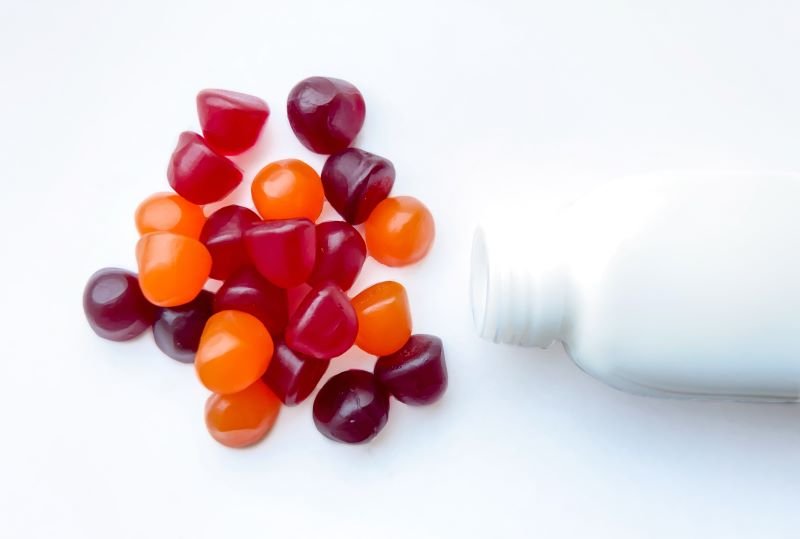
Improved inhalers are now available to help control asthma and treat sudden attacks, but a new study shows that hardly anyone’s using them. The new inhalers combine inflammation-fighting corticosteroids with a long-acting drug called formoterol that opens up the airways, researchers report. These combo inhalers are used twice a day to treat moderate to severe… read on > read on >






























